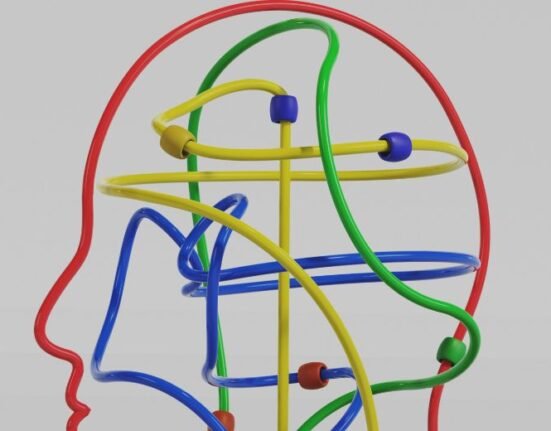HQ Team
September 30, 2025: Until recently, scientists mainly believed that Metformin, used to help control type 2 diabetes, worked by reducing glucose production in the liver and improving insulin use in the body. However, new research from Baylor College of Medicine suggests metformin also works directly in the brain.
Researchers looked at a protein called Rap1 found in a part of the brain called the ventromedial hypothalamus (VMH). This area is important because the brain controls whole-body glucose metabolism. Researchers bred genetically modified mice lacking the Rap1 protein specifically in the ventromedial hypothalamus (VMH) and compared their response to metformin with that of normal mice. In experiments with mice, metformin travelled to the VMH to turn off Rap1. When Rap1 was removed from mice brains, metformin did not lower their blood sugar, even though other diabetes drugs still worked. Researchers bred genetically modified mice lacking the Rap1 protein specifically in the ventromedial hypothalamus (VMH) and compared their response to metformin with that of normal mice.
“It’s been widely accepted that metformin lowers blood glucose primarily by reducing glucose output in the liver. Other studies have found that it acts through the gut. We looked into the brain as it is widely recognized as a key regulator of whole-body glucose metabolism. We investigated whether and how the brain contributes to the anti-diabetic effects of metformin, “ said Dr. Makoto Fukuda, corresponding author, associate professor of pediatrics, nutrition at Baylor
Metformin and SF1 neurons
The study also found that metformin affects a specific group of brain cells called SF1 neurons. These neurons are activated by metformin and are key to how the drug lowers glucose levels. The brain responded to much smaller amounts of metformin compared to the liver or intestines.
This discovery changes the way we think about metformin. It shows that the drug has a direct effect on the brain, not just on the liver or gut. The researchers believe this new understanding could lead to better diabetes treatments that target the brain more specifically.
Metformin is already known to be safe, affordable, and effective. It also has other health benefits like slowing brain aging and possibly extending lifespan.Further research is needed to validate whether this brain pathway operates similarly in people with type 2 diabetes before clinical applications or treatment changes can be considered.
The study appears in the journal Science Advances. More research is needed to confirm these findings in humans but holds promise for better diabetes therapies in the future.








